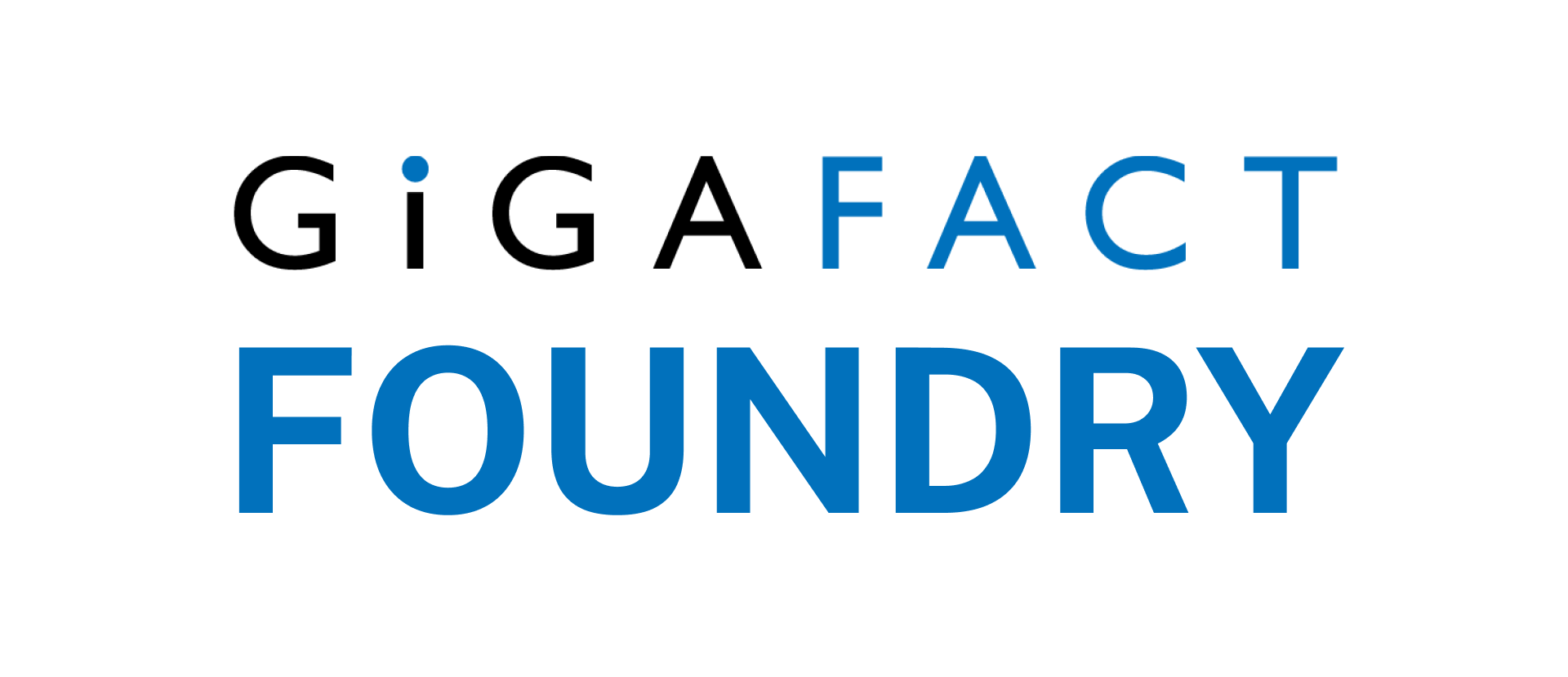Wednesday, Dec. 22, 2021
Are men more likely to spread viral particles than women?
A 2021 study from Colorado State University suggests that men's biology and speaking patterns make them more likely to spread viral particles, with implications for coronavirus transmission, which spreads through respiratory droplets.
The study found that males produced 62% more droplets than females, adults 62% more than minors, and singing 77% more than talking.
The study did note that after accounting for participants' voice volume and exhaled carbon dioxide, "age and sex differences were attenuated and no longer statistically significant." However, practically speaking, males appear to emit more droplets due to their larger lung capacity.
The study was inspired by a previous finding that singing and talking loudly emit more droplets than speaking and talking quietly, respectively.
Female voices tend to higher and breathier, giving the appearance of being quieter due to how the human ear perceives sound. However, it is unclear whether the female voice is actually quieter.
This fact brief is responsive to conversations such as this one.
Sources
- Colorado State University Study finds that singing, being male, and being an adult tend to produce more respiratory aerosols
- American Chemical Society Publications Respiratory Aerosol Emissions from Vocalization: Age and Sex Differences Are Explained by Volume and Exhaled CO2
- Colorado State University Enter, cautiously: CSU study looks at how the performing arts can return in a healthy manner during COVID-19 pandemic
- American Speech-Language-Hearing Association The Unheard Female Voice
About fact briefs
Fact briefs are bite-sized, well-sourced explanations that offer clear "yes" or "no" answers to questions, confusions, and unsupported claims circulating online. They rely on publicly available data and documents, often from the original source. Fact briefs are written and published by Gigafact contributor publications.
See all fact briefs
Between 2020 and 2022, under close editorial supervision, Gigafact contracted a group of freelance writers and editors to test the concepts for fact briefs and provide inputs to our software development process. We call this effort Gigafact Foundry. Over the course of these two years, Gigafact Foundry writers published over 1500 fact briefs in response to claims they found online. Their important work forms the basis of Gigafact formats and editorial guidelines, and is available to the public on Gigafact.org. Readers should be aware that while there is still a lot of relevant information to be found, not all fact briefs produced by Gigafact Foundry reflect Gigafact's current methods and standards for fact briefs. If you come across any that you feel are out of date and need to be looked at with fresh eyes, don't hesitate to contact us at support@gigafact.org.
Learn MoreLatest Fact Briefs
Is there a scientific consensus that life begins at conception?
Thursday, Aug. 4, 2022
Do countries around the world subsidize fossil fuels?
Wednesday, Aug. 3, 2022
Is the repeal of Roe v. Wade expected to increase the maternal death rate?
Wednesday, Jul. 27, 2022
